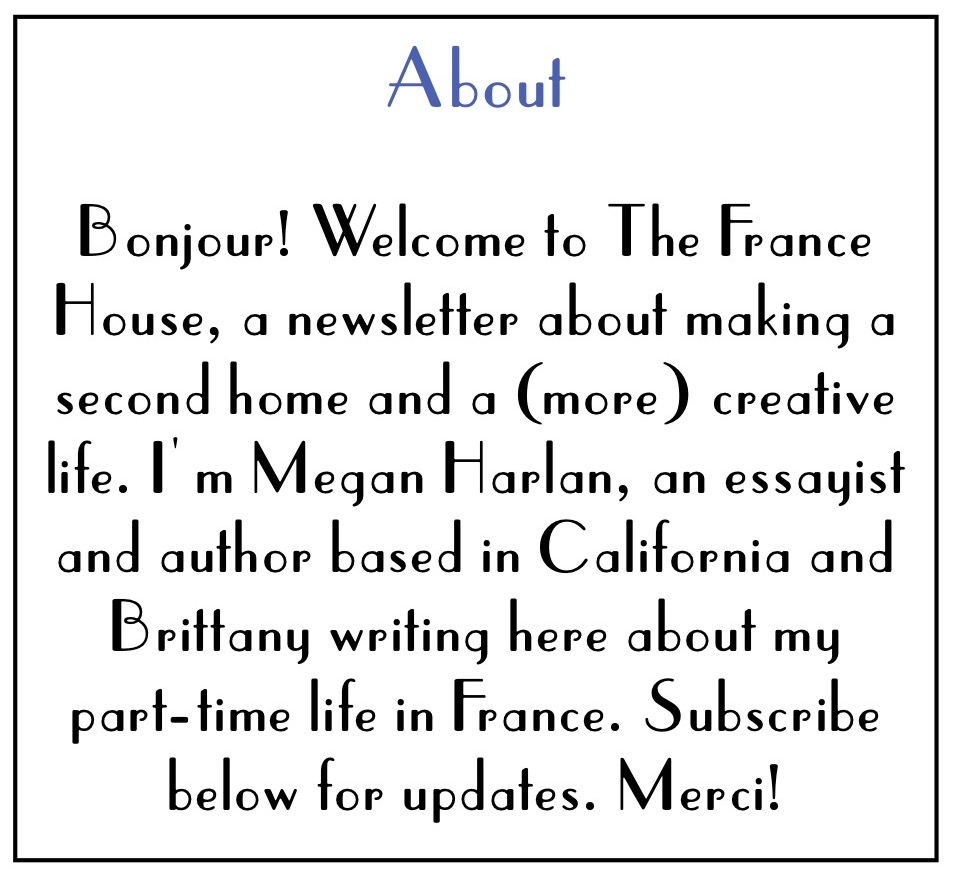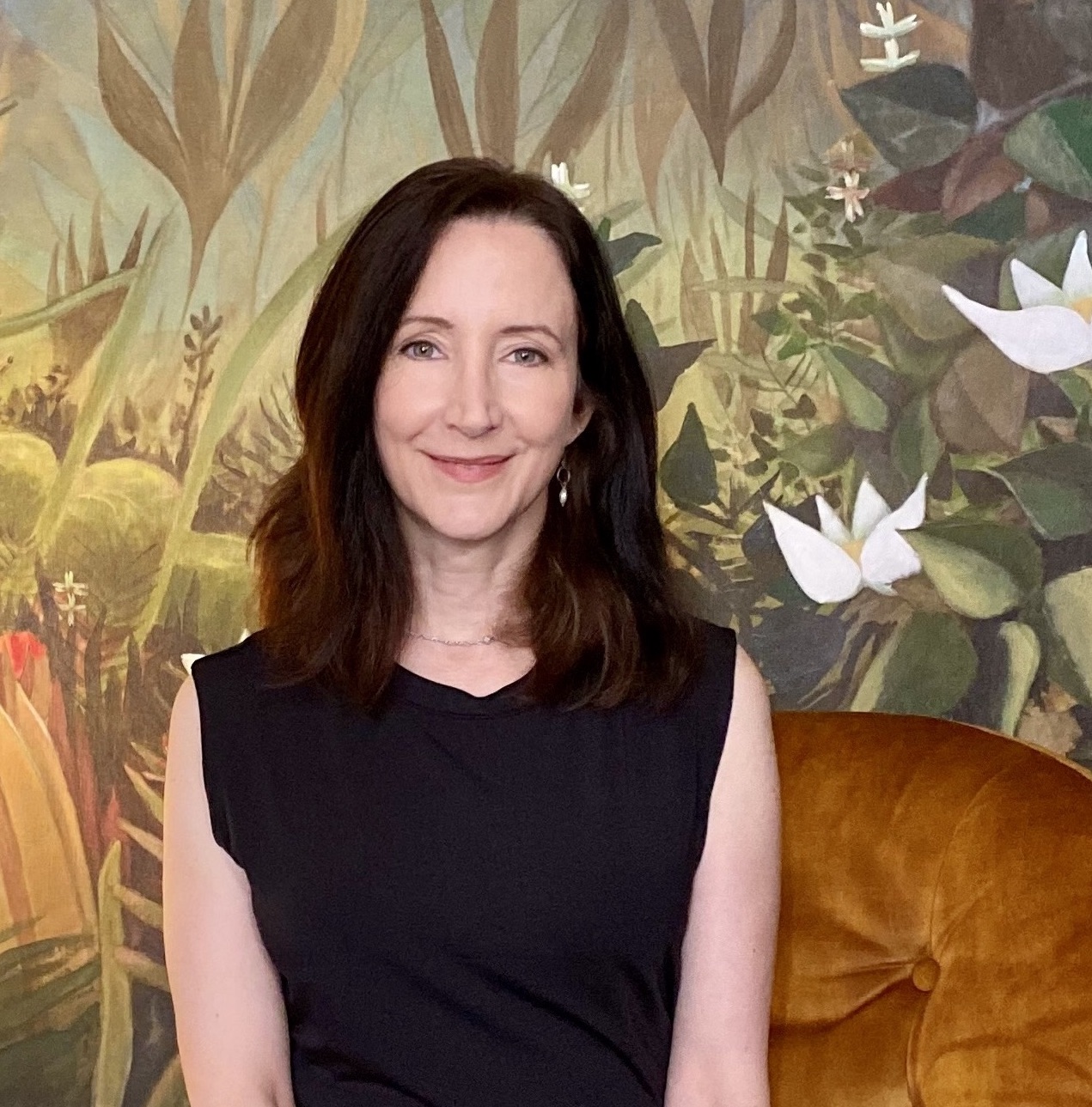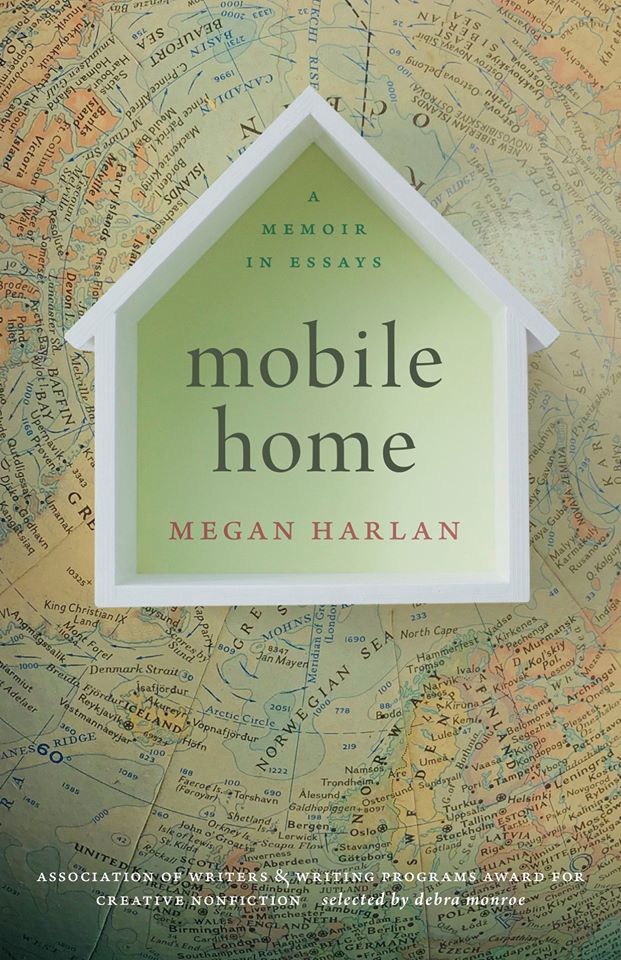On living in interesting times.
By Megan Harlan
Memoirs from Beyond the Grave by François-René de Chateaubriand is among the most fascinating memoirs ever written. I say this with full understanding that Chateaubriand himself was, in many ways, a real piece of work: a charmer, slippery with the truth, a seducer in all meanings of the word. Luckily for readers, he was also a brilliant observer, a writer of stunningly gorgeous prose, and a brave and dynamic person despite his oft-confessed fears, ailments, and shortcomings (confessions that themselves often feel like half-truths masking larger issues). Chateaubriand counts as the ultimate “unreliable narrator,” and as long as we keep that in mind, his memoirs are a treasure trove of astonishing human experience, namely: what it was like to live through the French Revolution as a man who lost many of his closest circle to the guillotine—a fate he narrowly avoided himself.

An outstanding translation by Alex Andriesse (published by New York Review of Books)
I’ll admit I did not know much about Chateaubriand before living part-time in Brittany—where he was born in 1768 and grew up. Yet in his day, Chateaubriand was one of the most famous men in Europe: a statesman, military leader, and popular writer whose ventures took him to Paris, England, Germany, and even the early United States. Lord Byron would emulate (okay, steal) Chateaubriand’s Romantic look and credo; Victor Hugo summed up his stature by writing, “To be Chateaubriand or nothing.” A scoundrel, wit, and scathing satirist, Chateaubriand also spent much of his life on the run from powerful enemies. Napoleon repeatedly threatened to have him executed. Angry husbands and fathers drove him from their homes on more than one occasion. Indeed, his obsessive pursuit of women of all backgrounds gained him international notoriety: unhappily married at an early age and throughout most of his 80 years, Chateaubriand carried on countless passionate affairs, including with Parisian noblewomen, an English clergyman’s daughter, and one devoted lover in Rome who died of consumption in his arms. I defend none of this; I will gratefully read about all of it.

Portrait of Chateaubriand in 1809 by Girodet
If you visit Brittany, Chateaubriand’s mark is quickly felt: in the legendary walled coastal city of Saint-Malo, originally built by pirates, where he was born; in his aristocratic family’s medieval, black cat-haunted castle in Combourg, where he spent his formative (and terrible and scarring) childhood years; in countless buildings dedicated to him, such as the 250-year-old middle school, Collège Roger Vercel, in my neighborhood in Dinan, where he once attended.
[Click images to enlarge:]
Saint-Malo, in northern Brittany (Credit: Theo.ic/CC)
the château in Combourg (Credit: MabelLamour/CC)
Chateaubriand soon catapulted from his beloved Brittany onto the world stage. His memoir’s three expansive volumes unfurl a dazzling, if at times confoundingly busy tapestry of a life, his fortunes seeming to rise and plummet with each changing season. Here he commands soldiers on a battlefield to victory; hosts heads-of-state in Berlin as the French Ambassador to Germany; sails to North America, where he recounts meeting with George Washington and living for months with a Mohawk tribe. On the flip side: there he hides out from military foes for weeks in the French countryside, after being battle-wounded and left for dead; skulks around London as a near-destitute translator and tutor (a city he will return to decades later as French Ambassador to England); begs one friend or former lover after another to give him a room while he, down on his luck, improvises his next move.
But the most priceless sections of Memoirs from Beyond the Grave involve Chateaubriand getting caught up in the French Revolution. His account is riveting and revelatory no matter what one thinks of his politics or worldview. A Royalist, humanist, and centrist, he publicly argued in support of modernizing the French state with Enlightenment values and a fairer distribution of wealth—but was soon horrified by the specter of violent revolution. Needless to say, 1789 France was not a moment for centrism or cooler heads prevailing. The burgeoning merchant class—the original bourgeoisie—was done with aristocrats like François-René de Chateaubriand (that “de” the telltale sign of a noble family name). And of course it was this educated, enterprising middle-class that would most effectively lead the French Revolution: people of means who were fed up with the vestiges of a feudal economic structure that kept them at a perpetual disadvantage to the most favored aristocratic families. Their call to overthrow the monarchy, for “Liberté, Egalité, Fraternité”—Freedom, Equality, Brotherhood—ushered in the idealistic beginnings of modern Europe, while also neatly providing the justification to redistribute much the nation’s wealth into their own hands. For a brief time, the Revolutionaries succeeded brilliantly, decimating a fair portion of the French aristocracy with the help of the common people, sympathetic military, and the quick work of Madame Guillotine.
Chateaubriand recalls being in a rented Parisian hôtel de particulier immediately after King Louis XVI had been executed. He is barricaded in an apartment with his sisters, as marauding men taunt him at the window: they are carrying on tall stakes the heads of two of recently executed government ministers. “They howled and pounded harder against the front door, hoping to force it and add my head to those of their victims…These heads, and others that I would encounter soon after, changed my political leanings. I was horrified by these cannibal feasts…”

the Reign of Terror
But such feasts were just beginning. The Revolution’s Reign of Terror (whose tribunals and vigilantes killed some 20,000 people, including Chateaubriand’s beloved older brother and sister-in-law, guillotined in 1794) and the nearly-as-bloody counter-revolutionary backlash altogether lasted a decade, until the 1799 coup that brought Napoleon Bonaparte to power. Unfortunately for Chateaubriand, the withering curse, “May you live in interesting times,” was in full swing in France for his entire adult life. No wonder he spent so many years abroad.
Despite these adventures, Chateaubriand recalls his childhood’s Brittany as the most mysterious, haunting, and psychologically fraught place of all for him. Two sites in particular evoke something of his restless spirit to this day.
The first is his family’s 12th Century château in Combourg, purchased by his shipowner, slave trader father—a cold, sadistic man born with a title but no great fortune, who was obsessed with enriching himself at any cost. Though Chateaubriand’s devout, sensitive mother made sure that he and his nine siblings received a classical education, the children were mostly left with the run of the estate—neglected, occasionally abused by their father, and often hungry. The grounds are gorgeous, but the castle’s Gothic atmosphere prevails. It was here that Chateaubriand’s older sister, Lucile, virtually raised him and cultivated his talent for letters, as well as her own. (She would die at age 40 after being imprisoned for years during the Revolution.) His father often made Chateaubriand sleep in the “haunted” tower, locking him in at night.

gate to the château

Château de Combourg on a midsummer day

arcade of trees on the grounds
Just as moving, but more exhilarating, is Chateaubriand’s birthplace of Saint-Malo: specifically the tidal islet in view of the walled city, Île du Grand Bé, where he is buried. A bronze plaque on his tomb facing the sea reads (translated from the French): “A great French writer wanted to rest here, to hear only the sea and the wind. Passerby, respect his last wish.” Drenched in ocean air, the setting is stark, beautiful, melancholy, and free: an island apart.














